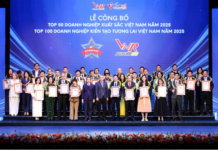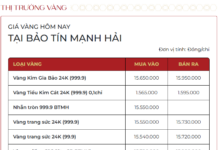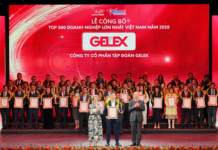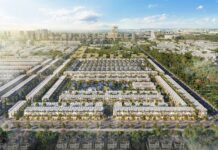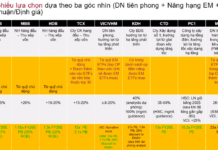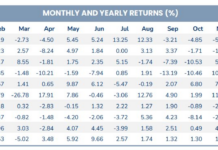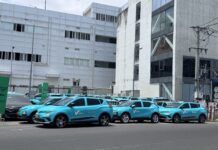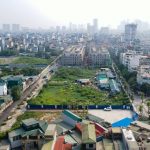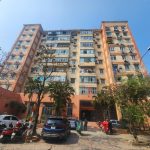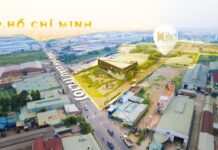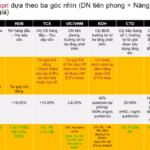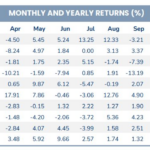The inter-sector inspection team for business and tourism services in Ba Ria – Vung Tau province has recently inspected the compliance with legal regulations in accommodation operations, tightening the management of homestay businesses.
The team worked with the Management Board and Administration of Vung Tau Melody Apartment Building (Thang Tam Ward, Vung Tau City) to inspect the compliance with legal regulations in tourism business operations there.
Vung Tau Melody Apartment Building has over 800 apartments and has been in operation since 2017. Previously, this project flourished with short-term accommodation businesses (homestays). Up to now, there are still about 10 apartments suspected of operating this type of business in the form of temporary residence registration for relatives and friends. The inter-sector team has reminded the apartment owners not to use the apartments for purposes other than living. Currently, the management board of this apartment building has also posted a notice prohibiting homestay guests.
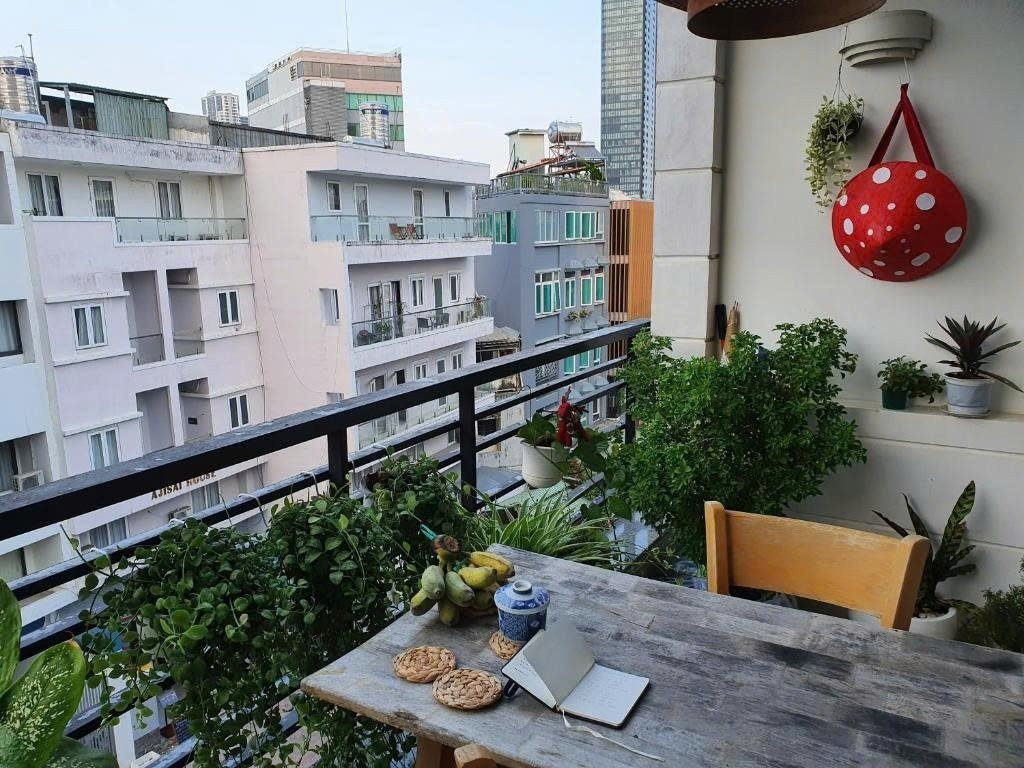
Since August 1, Ba Ria – Vung Tau has banned hourly rental of apartment buildings. Photo: Illustration
Previously, to build a beautiful image of Ba Ria – Vung Tau in the eyes of tourists, the province has strengthened the management of the tourism business environment. The tourism industry tightened control over new types of accommodation such as apartment buildings, villas for rent, homestays, etc., and initially recorded positive results.
Up to now, as the new Law takes effect from August 1, the urgent task of “tightening” is to completely eliminate the situation of turning apartment buildings into hotels and hourly accommodation. This business service originally belonged to qualified tourism accommodation establishments such as hotels, tourist apartments, tourist villas, and tourist guest houses.
Recently, there have been signs of an increase in the number of tourists and accommodation seekers renting hotels in Ba Ria – Vung Tau. Mr. Duong Minh Dung – Deputy General Director of VietPearl Group Joint Stock Company, investor of the 4-star Oyster Bay Vung Tau Hotel, said that although it has just been inaugurated in early June 2024, the number of guests staying at the hotel is quite high and increasing every week.
Especially, since August 1, when the new Laws took effect, with regulations on “banning short-term and daily rentals in apartment buildings”, the number of long-term and short-term guests to the hotel has increased sharply.
According to Mr. Dung, these customers are experts from Vietnam and abroad living and working in industrial parks and companies in Ba Ria – Vung Tau province. Previously, they had a demand for short-term rentals in some apartments but were worried about the new regulations prohibiting rentals, so they turned to Oyster Bay for long-term and short-term stays. Here, guests will enjoy a diverse range of utilities and activities. In addition to high-class accommodation and resort at a 4-star standard hotel, guests are also supported with work-related activities such as seminars, receptions, events, etc.
For long-term tenants, the hotel owner said that there is a policy to reduce rental costs by up to 30%. At the same time, in the new operation phase, Oyster Bay Hotel also has many policies to reduce rent and other accompanying utility services for tenants.
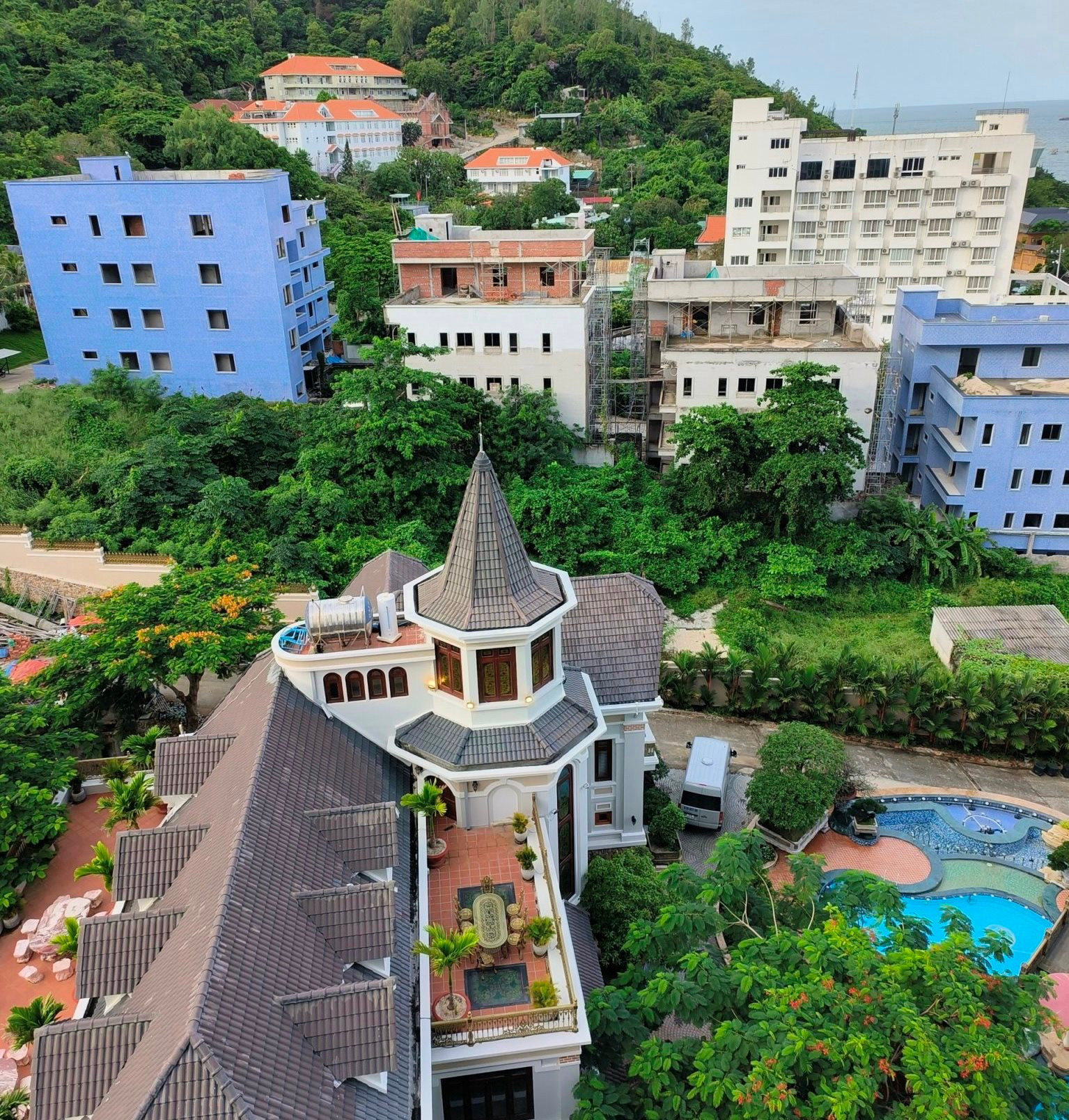
Returning the right tenants to qualified tourism establishments as prescribed.
According to the People’s Committee of Ba Ria – Vung Tau province, the province has directed and requested the Departments, sectors, and units to inspect and tighten the management of this type of service to develop in accordance with the law. Recently, many apartment buildings in Vung Tau City have posted notices prohibiting homestay businesses.
Regarding this issue, the Ministry of Construction has affirmed in an official dispatch that the act of using apartments for purposes other than residential purposes, such as hourly or daily rental services, is prohibited by law. In the context of the short-term rental model developing, the decision to ban apartments from being used for hourly or daily rental purposes is reasonable to protect the residential community and maintain security and order in urban areas.
Article 8, paragraph 3 of the 2023 Housing Law stipulates a ban on the use of apartments for purposes other than residential purposes, which took effect from August 1, 2024. In fact, Article 6 of the 2014 Housing Law also stipulated a ban on the use of apartments for purposes other than residential purposes.
The activity of renting apartment buildings by the day or by the hour is a form of accommodation, similar to the operation of hotels, and requires a permit for tourism business services. When doing tourism business services, it is necessary to issue invoices, declare and pay taxes, ensure fire prevention and fighting, and ensure security. At the same time, guests must register their temporary residence with the local government.
Specifically, the conditions for tourist accommodation and tourism accommodation establishments must meet the regulations in documents such as Decree No. 168/2017/ND-CP guiding some articles of the Law on Tourism; Decree No. 96/2016/ND-CP stipulating conditions on security and order for a number of industries and trades with investment conditions.
For the act of using apartments for purposes other than residential purposes, a fine of VND 20-40 million will be imposed, and the apartment must be used for residential purposes, that is, to stop the business activity.
For the act of using the area of common ownership or the area for services in a mixed-use apartment building for purposes other than the original purpose (doing business in other fields), a fine of VND 60-80 million will be imposed, and the apartment must be used for the original purpose, that is, to stop the wrong business activities.
Accelerating disbursement of the 120 trillion VND credit package for social housing
Deputy Prime Minister Trần Hồng Hà has recently issued directives regarding the implementation of the 120,000 billion VND credit package for investors and buyers of social housing, workers’ housing, and projects for the renovation and construction of apartment buildings.
“Many Condo Owners Are Reluctant to Form a Management Committee”
Despite being operational for many years, 41 resettlement buildings in Hanoi have yet to establish a management board. In fact, many of these buildings actively resist the formation of such a board. This resistance raises questions and highlights a unique challenge for the city.








